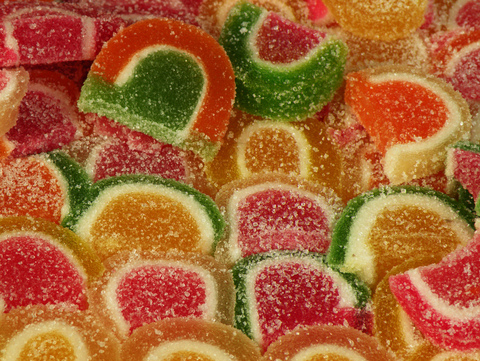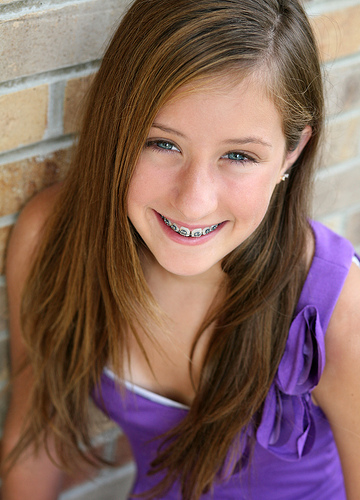Orthodontic Treatment through the Internet
February 21st, 2018

You can learn just about anything on the Internet these days. You can also order just about anything on the Internet these days.
But would you order your braces on the Internet? There’s a new trend involving websites that claim to offer a solution for straightening teeth, without your ever seeing a dentist or orthodontist in person.
These companies usually have patients take an impression of their teeth using putty and a tray. Then you mail the impressions back to the company where a dentist reportedly examines them and suggests a course of treatment using 3D modeling software.
A series of clear aligners are made, to be worn by the patient in order to attain the desired result. Although this form of orthodontic treatment may cost less than seeing an orthodontist in person, there are several reasons why you should avoid it:
- Potential health hazards are missed: If your oral health is not up to par (e.g., you have cavities, gingivitis, chipped teeth, etc.), an orthodontist would not suggest orthodontic treatment. Only after these issues are addressed would treatment be considered as an option. Whether this is the case with a person can’t be known when all the doctor sees is a set of impressions.
- Lack of information about the patient: Before you receive any orthodontic treatment, an orthodontist will have X-rays taken to make sure you are a good candidate. If the bones or teeth do not look like they would align properly with treatment, another course of care may be suggested, even necessary. None of this background is available to over-the-net orthodontic providers.
- No regular checkups: The purpose of regular checkups with Dr. Allen Garai & Dr. Karen Tratensek is to ensure that everything is moving properly, on schedule, and most important, safely. This lack of hands-on care with Internet orthodontics could be a hazard for you as a patient and has the potential to do more harm than good.
It’s not worth the risk of getting orthodontic treatment over the net just to save some money. Our Vienna, VA & Great Falls VA office is committed to working with you, whatever your financial situation may be.
Let’s work together to give you the smile you deserve!





 Website Powered by Sesame 24-7™
Website Powered by Sesame 24-7™